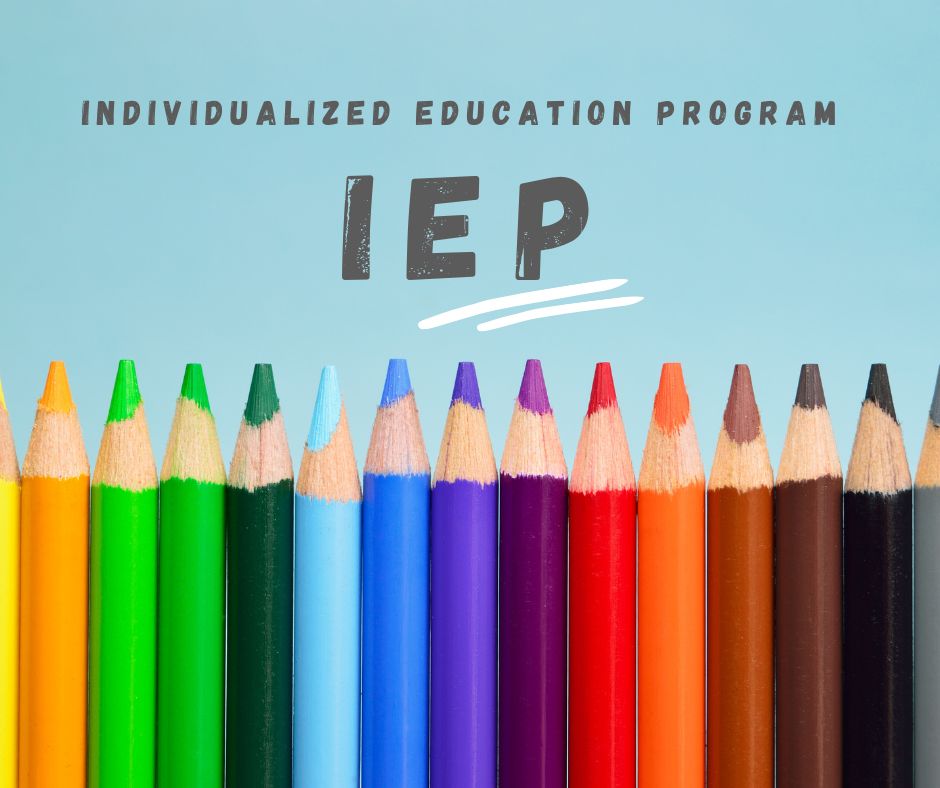Individualized Education Program Meetings
School is a common experience that a lot of us have. For some, though, it’s not that simple of an experience. Imagine you’re having trouble keeping up in school and not learning at the same rate as others. What can you do? Sometimes doing your best can only take you so far. This is where IEPs come into play.
IEP is a legally binding process.
Individualized Education Programs are a very involved and careful process that involves not only the student, but their parents, and their teachers too. As you might be able to imagine, it’s important that everyone is able to understand each other for such a delicate and important process!
For interpreters, helping to interpret IEP meetings is a rewarding line of work that they actively look forward to. Seeing the smile on the child’s face or the parents’ face when they know that careful attention is being paid and that they can flawlessly communicate with each other without the barrier of language is a great feeling!
While there’s no set formula for the perfect interpreter, all our interpreters agree that experience plays a significant role.
Pedro and Noemi suggest that it typically takes about a year for interpreters to feel comfortable working in special education.
Familiarize yourself with the terminologies and the entire IEP process thoroughly so that you’re fully prepared for what’s to come!
It’s even better if you have a collection of examples ready to share, making it easier to explain and clarify information for parents.
Interpreters Need to possess comprehensive knowledge of the school system and more!
Susy specifically emphasizes the need for interpreters to possess comprehensive knowledge of various aspects, including the school system, resources of the school district, expectations of teachers, staff, and therapists, understanding the background of the family and the list goes on!
To do so, we recommend maintaining close ties with local school districts, which allows you to have a deeper understanding of the ever-evolving systems and resources. Following up with current standards is crucial!
Interpreters Need to have some knowledge of autism and speech development
Autism traits and speech development vary widely, so staying informed and updated on these topics proves immensely beneficial in delivering effective interpretation services. As Flower says, autism is a spectrum, so it is overall best to have some knowledge of it, otherwise someone who is not familiar with certain autism traits and/or the lack of speech development will probably be taken off guard.
Interpreters Need to take notes and/or ask the speaker to pause so they may interpret efficiently.
Interpreters must interpret the core message, and as such must take notes and/or ask the speaker to pause so they may interpret efficiently. While it’s true that interpreters usually bring out the core message, they also try to retain as many of the details and nuances as possible when interpreting for a speaker.
In order to do this, it’s important that the speaker doesn’t speak for too long so that the interpreters can be sure to repeat everything that they said in another language.
The job of an interpreter is to facilitate communication to the point that it’s almost as if the two sides are talking to each other. As such, omitting details is not something that interpreters try to do.
Interpreters Need to interpret in a register that the parents can understand!
Full inclusion refers to the total integration of a student with disabilities into the regular education program with special support. In full inclusion, the student’s primary placement is in the regular education class. However, the student can leave the class to receive related services such as speech or physical therapy.
For some interpreters, one challenge they find is that the language of the IEP’s various pathologists is sometimes at a register far above the level of understanding of the parents.
If that happens, the interpreters should try asking for permission to interpret in a register that the parents could understand.
Also, with COVID-19, the introduction of non-native English-speaking speech and language pathologists, may add another complexity in between IEP meetings.
This is why it’s very helpful for interpreters to have native-level strength in English while also being familiar with speech development. It makes communicating with the correct technical jargon much simpler and also easier to simplify everything for parents.
Our favorite moments despite these difficulties
Needless to say, there are so many cherished moments throughout the process, considering how closely interpreters work alongside the family.
Pedro fondly recalls being able to witness students’ progress and growth, or even celebrate their graduation from needing special education services.
Susy shared a heartwarming moment when the principal, who attended the IEP meeting, acknowledged her passion and dedication, which led him to choose her again for the school district meeting.
These accomplishments are truly what made our interpreters feel deeply satisfied and reaffirm the meaningfulness of their work!





Leave Your Comments Below